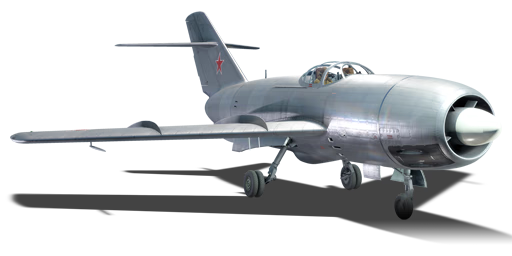



The La-200 was a proposed Soviet all-weather interceptor. It was designed with the intent of protecting key strategic locations and defending against potential aerial threats from rival nations. The La-200 was developed in the late 1940s as tensions between the Soviet Union and western countries were growing. With plans to turn it into a crucial defense asset for the Soviet Union, its radar system and powerful engines were designed to allow it to successfully track and intercept enemy aircraft with ease. Even though the La-200 won a competition against three other aircraft with comparable capabilities, the project was ultimately viewed as a failure due to the development of even more advanced aircraft, such as the Yak-120 (also known as the Yak-25), which rendered the La-200 obsolete before it could be fully deployed and was seen as a more practical solution for the Soviet Union's defense requirements. The failure of the La-200 demonstrated the challenges of keeping up with rapidly evolving aviation technology during that era. In the end, only one prototype was built, and it never entered full production.
The La-200 was introduced in Update 1.77 "Advancing Storm". It features promising performance characteristics, such as a top speed of more than 1,000 km/h, which allows it to outrun most aircraft at its battle rating. It works best at medium to high altitudes, where it is nearly impossible to catch and can inflict devastating strikes on unsuspecting foes via boom-and-zooming. With three N-37D cannons, the armament does not fall short either. However, one of its most unforgiving flaws is its terrible low-speed performance, which makes it difficult to manoeuvre and maintain stability when used at those speeds.
flaps
flaps
flaps
brake
| Belt | Belt filling | Armor penetration (mm) at a distance: | |||||
|---|---|---|---|---|---|---|---|
| 10 m | 100 m | 500 m | 1000 m | 1500 m | 2000 m | ||
| HEFI-T/HEFI-T/API-T | 49 | 47 | 39 | 32 | 26 | 21 | |
| HEFI-T/HEF-I/HEF-I | 6 | 6 | 5 | 4 | 3 | 3 | |
| API-T | 49 | 47 | 39 | 32 | 26 | 21 | |












Flight performance | |
|---|---|
Survivability |
|---|
Weaponry |
|---|